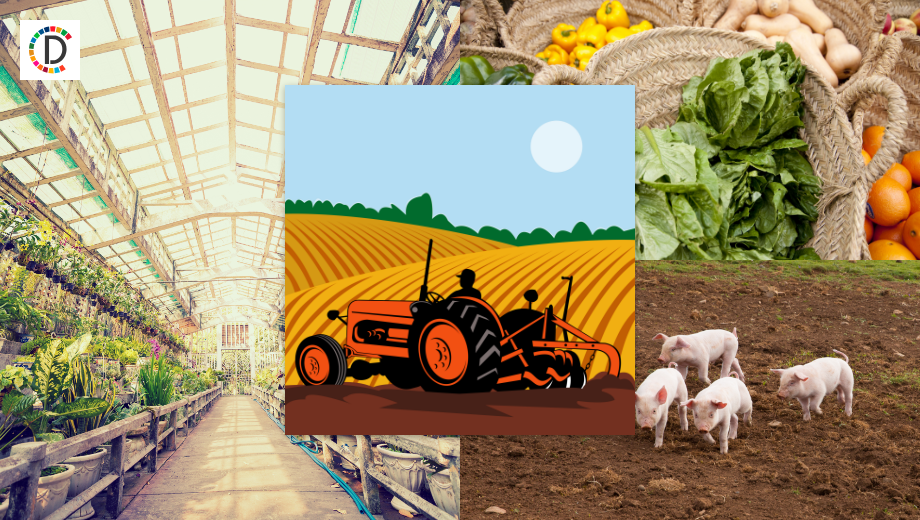Climate Change Threatens South Korea's Beloved Kimchi
South Korea's kimchi, primarily made from napa cabbage, is endangered by climate change. Rising temperatures and unpredictable weather threaten cabbage cultivation, crucial for kimchi production. Scientists, farmers, and manufacturers are tightening efforts to develop resilient crops, but the future remains uncertain.

South Korea's iconic kimchi, traditionally made from napa cabbage, is facing an existential threat due to climate change. Experts say rising temperatures and erratic weather patterns are declining the quality and quantity of napa cabbage, putting the country's treasured dish at risk.
Once flourishing in cooler, mountainous regions, napa cabbage is now struggling against the backdrop of increasing summer temperatures, which can no longer accommodate its growth conditions. Scientists warn that if this trend continues, cabbage-based kimchi could become a rarity in South Korea.
Adding to the woes, South Korean farmers are also battling tougher pest control issues and unpredictable heavy rains. While the government has resorted to climate-controlled storage and imported lower-priced cabbages from China, these solutions are temporary at best. Urgent research is underway to develop heat-resistant crop varieties, but there's no guarantee they will meet the quality standards cherished by kimchi enthusiasts.
(With inputs from agencies.)
ALSO READ
Himachal govt to launch 'Himbhog' maize flour produced through natural farming
Gujarat CM inaugurates Rabi season agri-festival; bats for natural farming
Udhampur's Lavender Revolution: Boosting Farming & Startups
Himachal Pradesh Leads in Natural Farming Support
Innovative Partnership Ignites Sustainable Farming in Ghana










